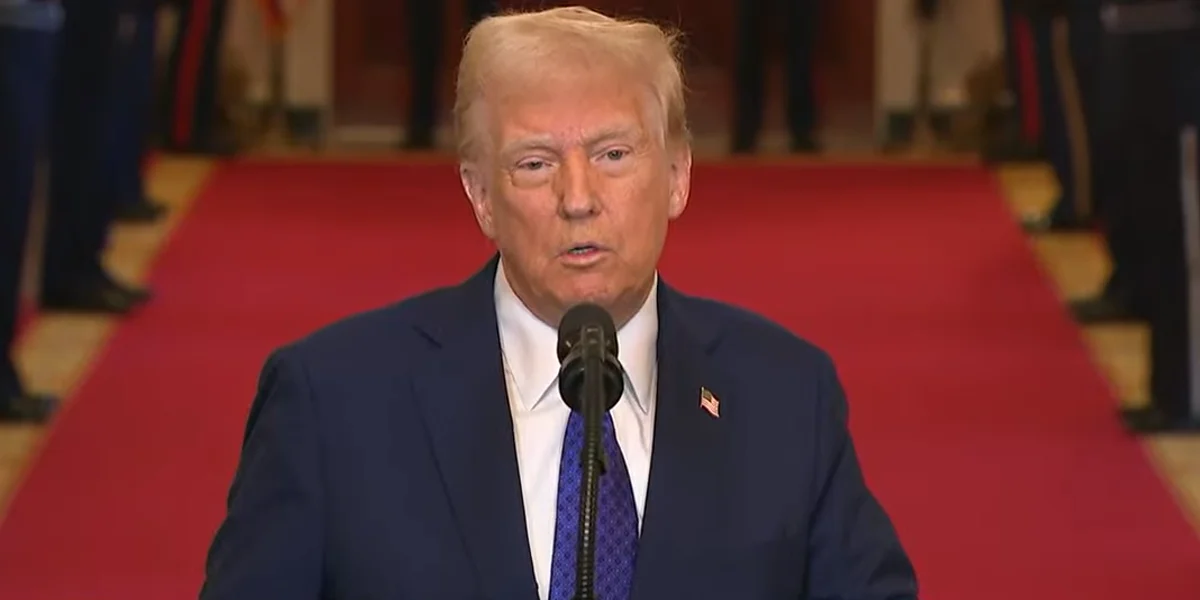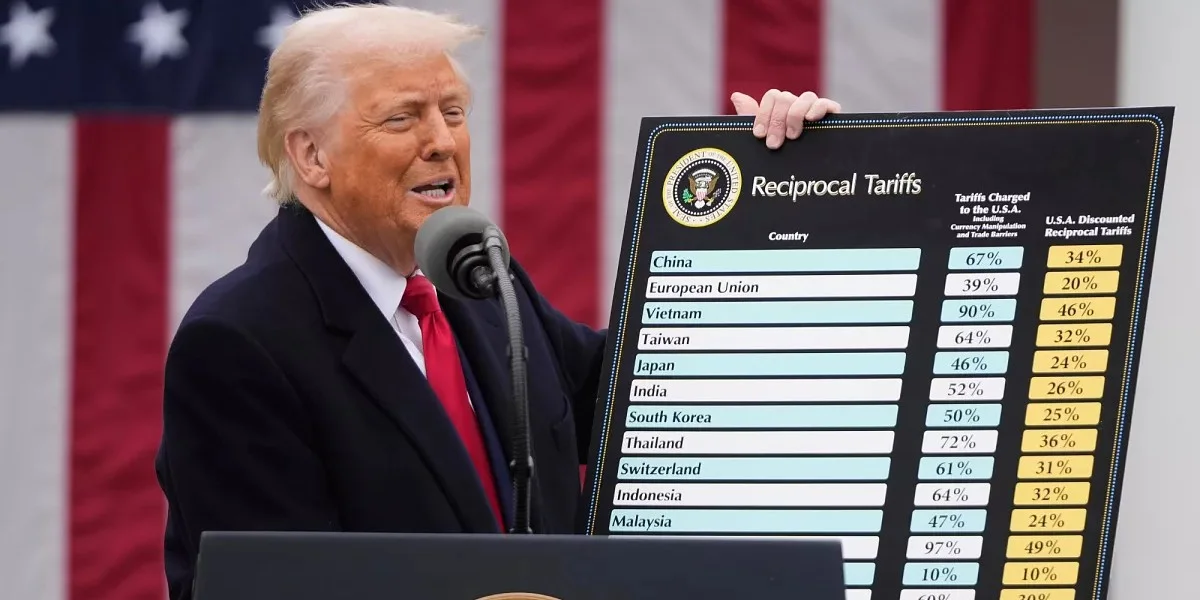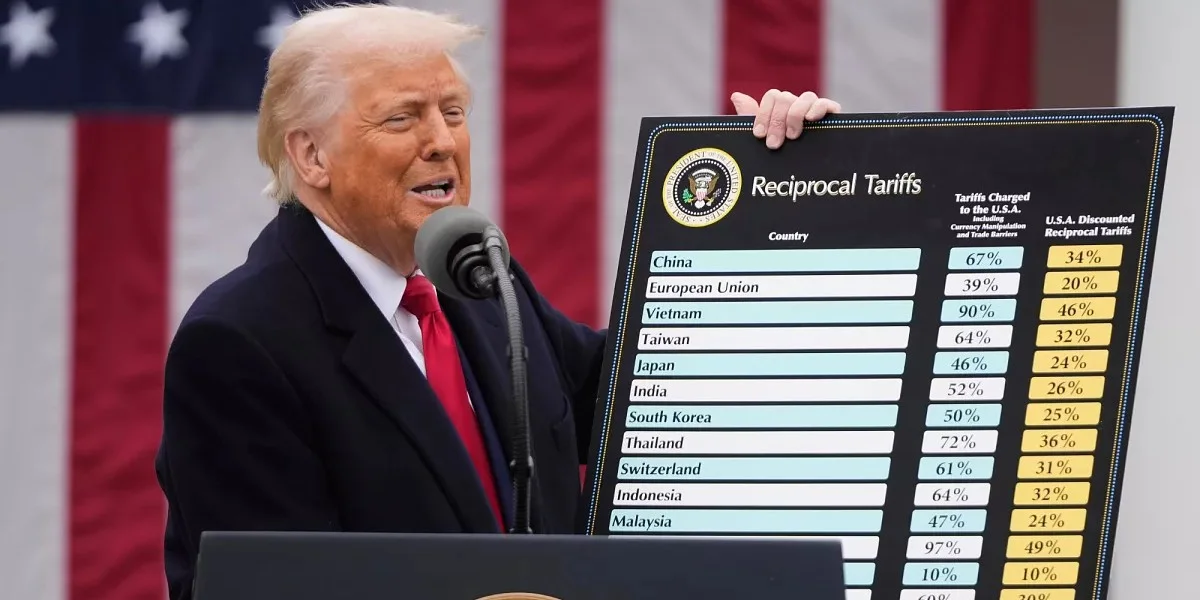Shein and Temu just started raising prices ahead of new tariffs

The "cheap goods" sold on Temu and Shein are no longer as inexpensive as they were 24 hours ago.
Shein and Temu, two Chinese online merchants, plan to raise prices for US consumers on Friday in response to President Donald Trump's tariffs.
Earlier this month, the two corporations published similar statements declaring plans to shift part of the tax burden to customers. Both companies specified April 25 as the day when the price increase would take effect.
"Due to recent changes in global trade rules and tariffs, our operating expenses have gone up," the statements said. "To keep offering the products you love without compromising on quality, we will be making price adjustments."
American clients of Temu and Shein, which obtain the majority of their products from China, have generally avoided paying duties thanks to an exemption on shipments of items valued less than $800. The exception, known as "de minimis," will expire on May 2, as a result of an executive order signed by President Donald Trump earlier this month.
Temu and Shein, known for their low rates, TikTok virality, and claims of forced labor and copyright breaches, had previously warned customers that costs will rise. In a recent letter on its website, Shein stated it will begin raising prices on April 25 "due to recent changes in global trade rules and tariffs," and Temu made a similar announcement.
Businesses will be required to pay either a 120% tariff or a $100 flat price per mail item. On June 1, the flat cost will climb to $200.
Meanwhile, Trump and China are unable to openly agree on the status of trade discussions. Earlier in April, the Trump administration imposed 145% tariffs on Chinese imports, and China responded with 125% duties on imported US goods.
Amid the confusion, U.S. buyers have recently turned to other Chinese shopping apps, such as DHgate and Taobao, after videos touting their products went viral.
Along with taxing excess products, the repeal of the de minimis rule will subject low-value commodities to more scrutiny at border entrance, requiring US customs agents to randomly check an additional 1 million parcels every day.
This might help prevent unsafe or defective items from reaching US consumers.
However, removing the loophole would disproportionately affect low-income Americans, who spent more than quadruple their income on clothes compared to the wealthiest families in 2021, according to a Trade Partnership Worldwide research based on Bureau of Labor Statistics data.
Low-income Americans rely more heavily on sites like Shein and Temu, with 48% of shipments transported below the de minimis standard traveling to the poorest zip areas, according to UCLA and Yale researchers.
Only 22% of those parcels traveled to the richest zip codes in the United States.








